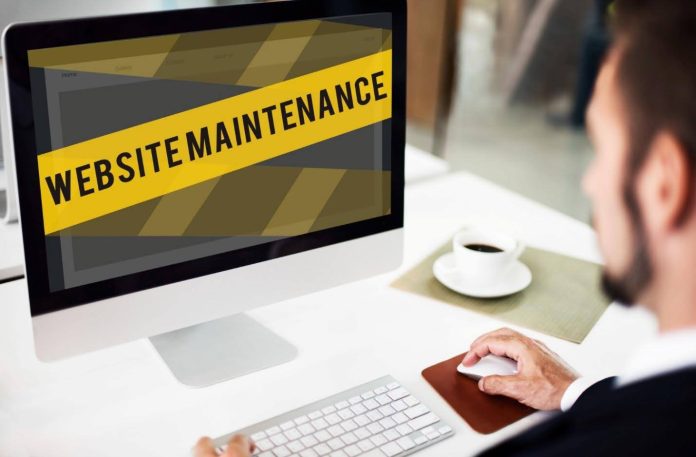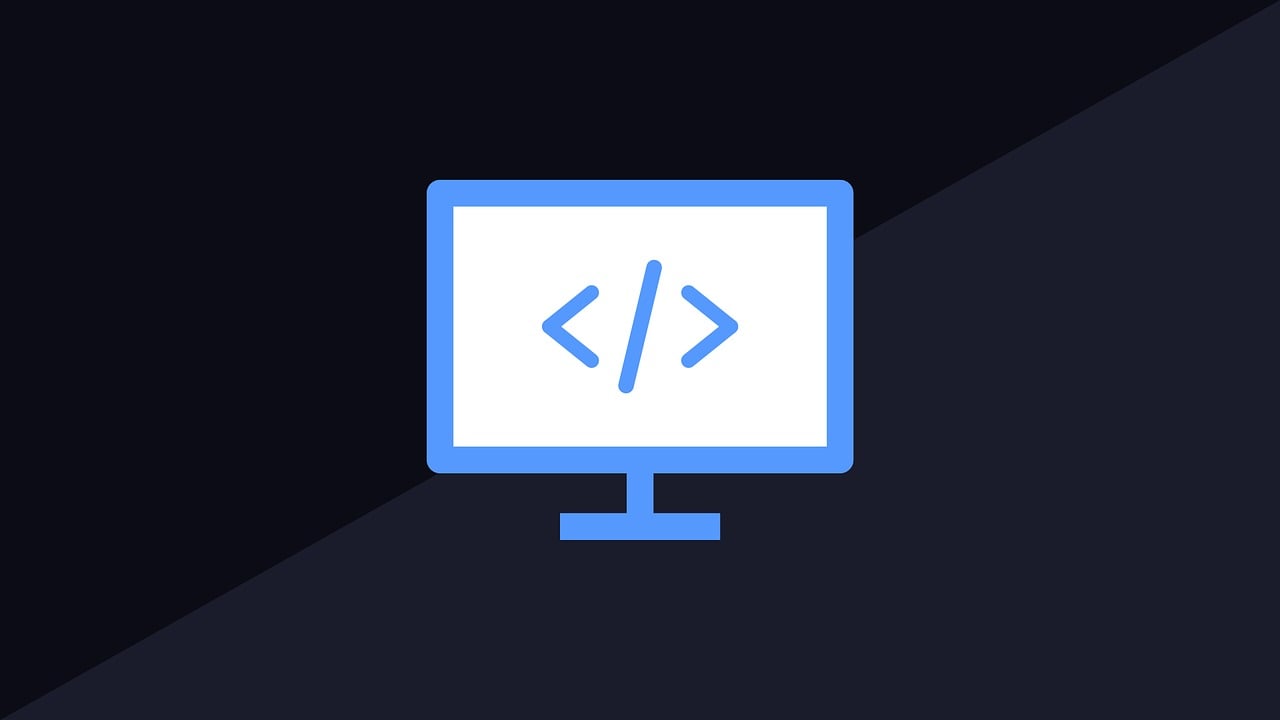I will show you the importance of regular system maintenance for business continuity in this post.
In the current business world which is technologically advanced, organizations are relying more on digital systems and networks to be effective. These systems form the foundation of day-to-day activities in terms of data storage and facilitation of communication as well as online transactions and provision of services.
Nevertheless, even the most sophisticated infrastructure is prone to deterioration in case of poor care maintenance- causing performance problems, security violations and expensive downtimes.
It is important to ensure that the system is maintained on a regular and proactive basis to ensure that your business continuity is not jeopardized and that your operations proceed smoothly.
Table of Contents
The Importance of Regular System Maintenance for Business Continuity
1. Preventing Downtime and Operational Disruptions
One of the greatest threats to the continuity of business is system downtime. Due to software malfunctions, hardware problems, or security concerns, downtime can bring the activities to a standstill, interrupt customer support, and lead to losses. Monitoring equipment ensures that the problems are identified before they become significant problems.
Businesses can reduce the chances of causing failures without warning through monitoring the performance of a system, implementing updates and optimizing the settings. Active maintenance ensures that critical applications and services are available, reliable, and responsive, even during peak hours.
2. Enhancing Cybersecurity and Reducing Vulnerabilities
The situation with cyber threats is in a state of constant transformation, and old systems are the best targets of attackers. Hackers usually use the known vulnerabilities in unpatched software to obtain unauthorized access, steal data, or install malware. Periodic maintenance is one of the most important actions that may be taken to improve your security position by sealing these security gaps.
Implementing comprehensive patch management solutions is one of the most effective ways to protect your systems. These solutions automate the process of identifying, testing, and deploying security patches across your network, ensuring that vulnerabilities are addressed promptly and efficiently. Staying ahead of cyber threats reduces the likelihood of breaches and helps maintain trust with clients and stakeholders.
3. Improving System Performance and Efficiency
IT systems are also complex machines and need periodic maintenance to be fully functional. In the long run, old software, idle files, and misconfigurations may interrupt businesses, get less productive, and influence the productivity of users. Regular maintenance procedures like clearing caches, updating drivers and optimization of databases maintain a smooth running of the systems and make sure that the employees can work without any disturbances.
Not only is such proactive approach better for performance enhancement, but it also increases the lifespan of your hardware and software, and yields better returns on your technology investments.
4. Ensuring Compliance with Industry Regulations
Data security and privacy regulations in many industries are of strict nature. Failure to comply would lead to fines, legal consequences, and loss of your brand image. Conducting regular maintenance on your system assists in making sure that your organization adheres to these regulatory requirements as your software remains up to date, security measures are kept up to date, and audit logs are fully documented.
To improve compliance activities, automated tools, and well-organized maintenance schedules may help ease the compliance process and offer documented evidence concerning current practice of security and system integrity.
5. Supporting Business Growth and Scalability
The bigger the business goes the larger the IT requirements. Scaling of your infrastructure may cause compatibility problems, system bottlenecks and security threats unless maintained. Periodical updates and performance checks would make sure that your systems are up to date to address higher workloads and join forces with emerging technologies.
Scalability can also be enhanced through adoption of advanced Patch management solutions that will ensure that all the components of your expanding network are safe and updated. This platform allows your business to be innovative and grow without the need to sacrifice stability or security.
Conclusion
Periodic system maintenance is not merely a technical requirement but a business investment in the long term success of your organization.
It reduces downtime, enhances cybersecurity, enhances performance, maintains compliance, and promotes the growth of the future.
In a world where digital infrastructure has become the basis of all business activities, the failure to maintain it may have serious ramifications.
INTERESTING POSTS
- Why Your Business Needs To Invest In Cybersecurity Solutions
- Why Small Businesses Should Invest In Managed IT
- The Legalities Of Crypto Betting: A Global Perspective
- VMware Backup and Recovery: Importance of Backup Strategy and How to implement them
- What Modern Email Protection Tools Offer Growing Teams?
- Property Maintenance Essentials: Keeping Your Rental in Top Shape
About the Author:
Meet Angela Daniel, an esteemed cybersecurity expert and the Associate Editor at SecureBlitz. With a profound understanding of the digital security landscape, Angela is dedicated to sharing her wealth of knowledge with readers. Her insightful articles delve into the intricacies of cybersecurity, offering a beacon of understanding in the ever-evolving realm of online safety.
Angela's expertise is grounded in a passion for staying at the forefront of emerging threats and protective measures. Her commitment to empowering individuals and organizations with the tools and insights to safeguard their digital presence is unwavering.








